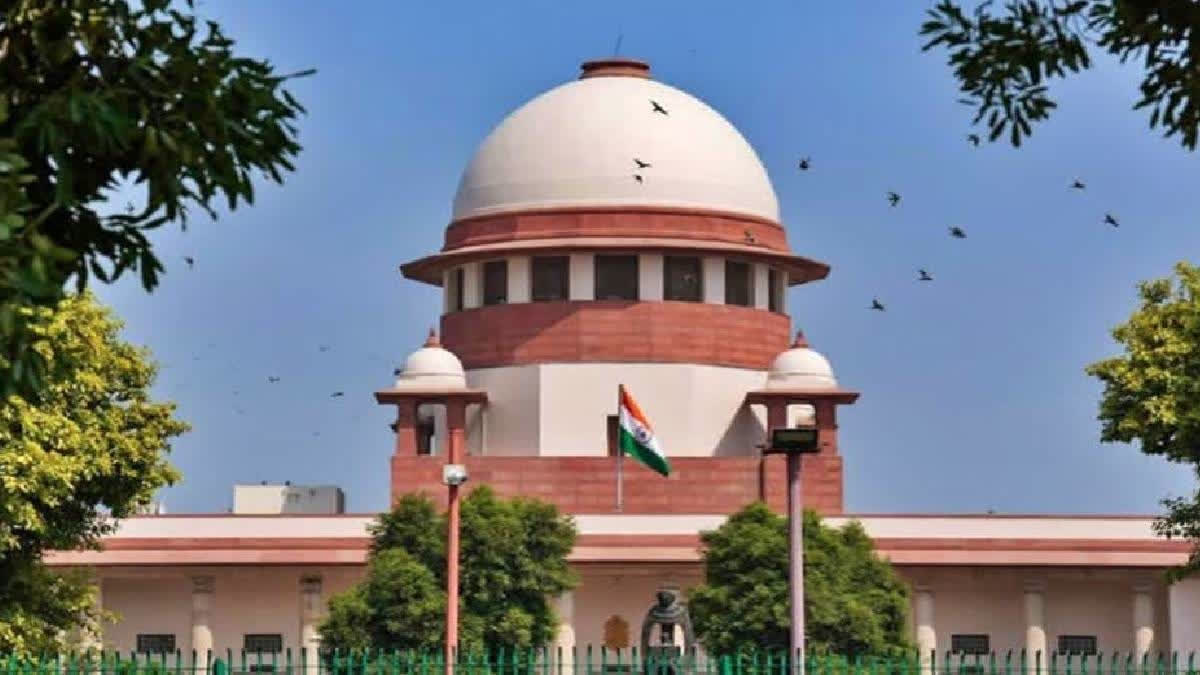New Delhi:The Supreme Court Wednesday said it will review the 1998 PV Narasimha Rao judgment (JMM bribery case), which granted immunity to MPs/MLAs from prosecution if they accepted bribery and voted/asked a question in a particular manner. A five-judge constitution bench headed by Chief Justice of India D Y Chandrachud said this judgment will be reviewed by a 7-judge bench.
The bench, also comprising justices A S Bopanna, M M Sundresh, J B Pardiwala, and Manoj Misra, noted that the members of the state legislature must be free to express their views on the floor of the house without fear of consequences. “Prima facie, at this stage, we are of the view that correctness of the view of the majority in P V Narasimha Rao should be considered by a larger bench of 7-judges….”.
The top court said, “It must be noted that the purpose of Article 105(2) and Article 194 (2) is to ensure that the members of the Parliament and state legislatures are able to discharge their duties in an atmosphere of freedom without fear of consequences which may follow, for the manner in which they speak or exercise their right to vote on the floor of the House”.
The top court said the object clearly is not to set apart the members of the legislature as persons who wield higher privileges in terms of immunity from the general criminal law of the land, which citizens of the land do not possess.
The top court observed that in the course of the judgment in the PV Narasimha Rao, Justice SC Agarwal noted that if the construction in support of the immunity under Article 105(2) for a bribe taker were to be accepted, a member would be liable to be prosecuted on a charge for bribery if he accepts bribe for not speaking or not voting for a matter under consideration before the House. The top court said but he would enjoy immunity from prosecution for such a charge if he accepts a bribe for speaking or giving his vote in Parliament in a particular manner.
The top court said the judgment of Justice Agarwal states that the offence is complete with the acceptance of the money or agreement to accept money being concluded and is not dependent on the performance of the illegal promise by the receiver. It further added that this aspect had not been dealt with in the judgment of the majority.
The top court said: "For the above reasons, we're of the view that the correctness of the view of the majority in Narasimha Rao shall be considered by a larger bench of 7 judges…..”.
The constitution bench headed by CJI was hearing a plea by Sita Soren against the Union of India, which involved the question whether an MP or MLA can claim immunity from criminal prosecution for taking a bribe to make a speech or vote in the Legislative Assembly or Parliament.
